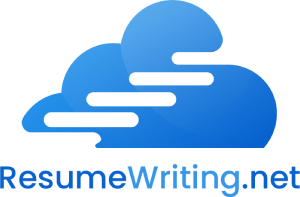In the fast-paced world of job hunting, your resume serves as the first impression potential employers have of you. Crafting an effective resume involves striking the right balance between providing enough information to showcase your qualifications and keeping it concise enough to capture attention. The age-old question persists: How long should a resume be? In this blog post, we’ll delve into the advantages and disadvantages of different resume writing lengths to help you find the sweet spot that maximizes your chances of landing your dream job.
Table of Contents
The One-Page Resume

Advantages:
a. Conciseness: One-page resumes are concise and to the point. They force you to prioritize your most relevant and impactful experiences, making it easier for hiring managers to quickly assess your qualifications.
b. Ideal for Entry-Level Candidates: If you’re just starting your career or have limited work experience, a one-page resume is often sufficient. It allows you to highlight your education, skills, and any internships or part-time positions without unnecessary padding.
c. Ease of Reading: Hiring managers often appreciate one-page resumes because they can quickly scan the document without feeling overwhelmed. This can be crucial in industries where time is of the essence.
Disadvantages:
a. Limited Detail: The biggest drawback of a one-page resume is the limited space. It can be challenging to provide comprehensive details about your work history, achievements, and skills, potentially leaving out valuable information.
b. Inadequate for Experienced Professionals: As you progress in your career, condensing years of experience into a single page may result in oversimplification and the omission of important accomplishments.
The Two-Page Resume

Advantages:
a. Comprehensive Detail: A two-page resume allows for a more thorough exploration of your professional background. This format is suitable for mid-career professionals with diverse experiences and numerous accomplishments.
b. Showcases Career Progression: For those with a more extensive work history, a two-page resume provides the space needed to showcase career progression, emphasizing promotions, leadership roles, and the depth of expertise.
c. Tailored for Industry Norms: In certain industries, a two-page resume is the standard, and submitting a one-page document might be perceived as lacking detail. This is particularly true in academia, research, and technical fields.
Disadvantages:
a. Risk of Overloading Information: While the extra space is an advantage, it also comes with the risk of including unnecessary details. It’s crucial to maintain a balance between providing enough information and overwhelming the reader.
b. Potential for Skimming: Hiring managers may still skim through your resume, so important details should be highlighted and easy to find. A lengthy resume filled with irrelevant information might not be as effective as a well-organized, concise one.
The Beyond-Two-Page Resume

Advantages:
a. Extensive Detail: Senior executives, industry experts, and individuals with an extensive and illustrious career may find a resume that exceeds two pages necessary. This format allows for in-depth exploration of achievements, publications, patents, and other relevant details.
b. Tailored for Specific Industries: In academia, research, and highly specialized fields, a longer resume may be expected. It provides room to delve into publications, research projects, and other significant contributions.
Disadvantages:
a. Attention Span: Even if you have an impressive career, a resume that extends beyond two pages may test the patience of hiring managers. In today’s fast-paced world, keeping the reader engaged is crucial, and a lengthy document might lead to important details being overlooked.
b. Formatting Challenges: Printing and reading long resumes can be cumbersome, especially if the font size is reduced to fit more content. Maintaining readability while including extensive information requires careful formatting.
Conclusion:
In the quest for the perfect resume writing sample length, there is no one-size-fits-all answer. The ideal length depends on your career stage, industry norms, and the specific requirements of the job you’re applying for. While a one-page resume may be ideal for some, others might find that a longer document better represents their qualifications.
Ultimately, the key is to strike the right balance between providing enough information to showcase your strengths and keeping it concise enough to maintain the reader’s interest. Tailor your resume to the expectations of your industry, emphasize relevant experiences, and remember that quality always trumps quantity. By carefully considering the advantages and disadvantages of different resume lengths, you can create a powerful document that opens doors to exciting career opportunities.

